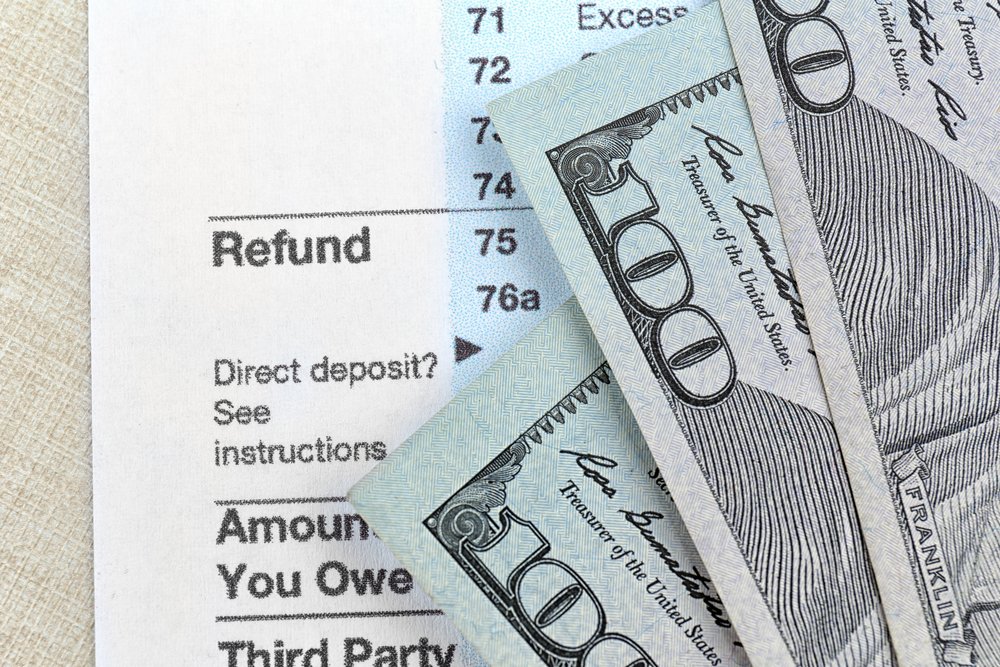If you’re thinking of filing for bankruptcy and you live in Indiana, you may be wondering whether it could eliminate your tax debt. Hoosiers can sometimes get their tax debt discharged during an Indiana bankruptcy. However, you may have received conflicting advice about whether or not it’s possible to make this happen. So let’s settle it once and for all. Here are the answers you need about discharging tax debt.
When Can Tax Debt Be Discharged by Bankruptcy in Indiana?
Indiana debtors may have their tax debt discharged under certain circumstances. If the tax debt is at least three years old, it may qualify for a discharge. This includes both back taxes owed to the Internal Revenue Service (IRS) and to the Indiana Department of Revenue. But the debts must be at least three years old at the point you file for bankruptcy.
Are There Any Exceptions?
There are some exceptions that could prevent your tax debt from being discharged during either a Chapter 7 or Chapter 13 bankruptcy. The relevant tax returns must have been filed two years before your bankruptcy. In fact, recent court rulings have indicated that filing returns late leads to the debt not being dischargeable in bankruptcy. Also, you must have filed the tax returns yourself, without the IRS filing them on your behalf. Finally, tax debt assessed within 240 days before you file your bankruptcy case is not discharged.
What If My Debt is Too Recent?
If your debt is too new and hasn’t yet reached the three-year point, you have two main options. First, you could wait until the debt hits the three-year mark, being sure to file your tax returns timely. However, in the meantime, your financial situation could get worse. Another option is to file for bankruptcy, anyway, knowing your back taxes probably won’t be discharged but many other debts will be. This creates financial breathing room to pay off your tax debt. Also, a Chapter 13 bankruptcy can create a plan under the court’s protection that can pay recent, or priority, tax as part of the debt reorganization plan.
If I Have Overwhelming Tax Debt, What Should I Do Next?
When tax debts are contributing to an overwhelming financial burden, consult a bankruptcy attorney as soon as possible. They will look at the details of your circumstances and determine key factors, like how recent the debt is, when your tax returns were filed, whether any filing/payment issues are reported and any other factors involved.
No matter which route you take to resolve your tax debt, your bankruptcy attorney will be by your side to provide valuable wisdom and counsel. With their help, you can finally shed overwhelming debt and take a positive step forward.
Sawin & Shea – Indianapolis Bankruptcy Attorneys
Filing for bankruptcy is not the end. It’s the beginning of a new financial life for you. The Indiana bankruptcy attorneys at Sawin & Shea can help you get rid of the overwhelming debt and advise you on life after bankruptcy. We are here for you during this life-changing process. Please do not hesitate to call us today at 317-759-1483 or send an email for a free consultation. We are ready to help.



